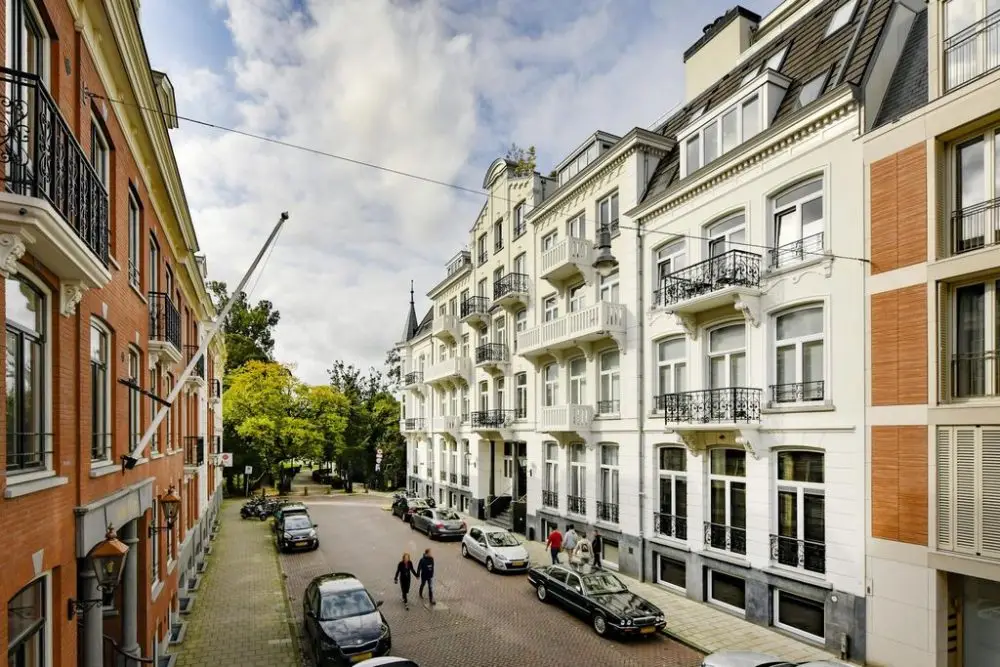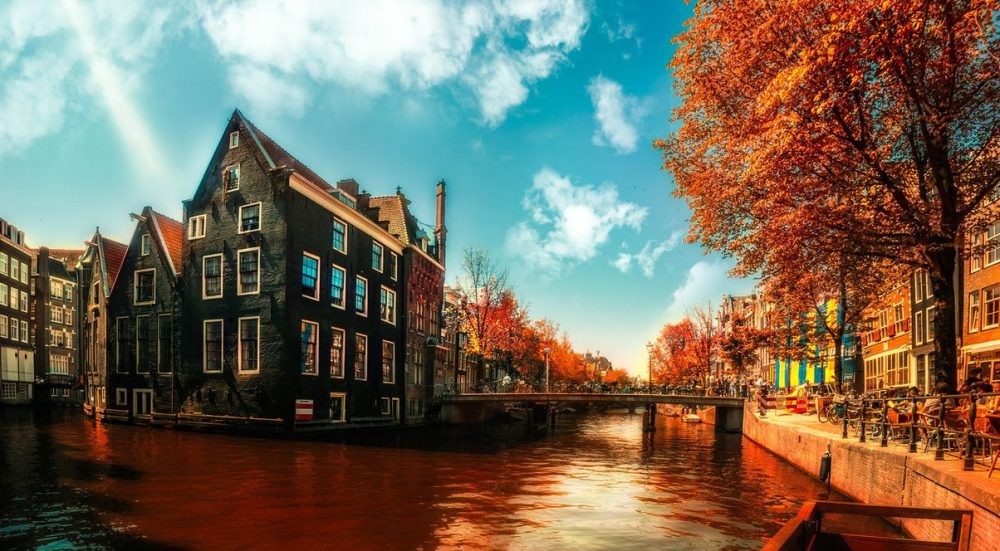Generating a reliable and predictable income through investing in real estate is a time-tested strategy for capital growth. However, the mere act of purchasing square meters does not guarantee profit. Each market segment – from new buildings to seaside apartments – dictates its own rules. To turn a property into an effective investment tool, it is important to consider a whole range of parameters: from ownership costs to liquidity and growth prospects of the location. Practical recommendations and analysis of real indicators will help you understand how to choose real estate for investments.
Location – Factor #1
The choice of location determines both profitability and investment stability. Price growth in neighborhoods near a new metro line, the construction of a hub, business centers, or universities reaches 17-22% over three years. For example, in Moscow, the Hovrino and Nekrasovka areas gained over 30% in value within two years after the opening of new MCC and metro stations.
Urban agglomerations with population growth and infrastructure development are favorites. St. Petersburg, Kazan, Novosibirsk, and Krasnodar demonstrate stable demand and low rental vacancy rates. Residential areas with dense construction lose attractiveness without service and transportation improvements, while microdistricts with comprehensive development including parks, schools, and shopping centers attract investors.
To understand how to choose real estate for investments, it is important to study population growth statistics, urban development projects, municipal investment plans, and rental yield indexes by districts.
How to Choose Real Estate for Investments: Apartment, Studio, or Condo?
The choice of format directly affects profitability and the type of tenants. One-bedroom apartments are the most liquid option for long-term rentals, while studios are popular among students and visiting professionals. The average payback period for a studio in Yekaterinburg is 10.5 years, compared to 13.2 years for a two-bedroom apartment.
Condos offer a higher yield by 1.5-2% annually, especially in major cities. However, they do not imply permanent registration and may be subject to increased property tax (0.5-2.0% of the cadastral value). Retail and office real estate provide stable income with proper location and traffic assessment but require higher management qualifications.
Current formats that investors are increasingly including in their portfolios:
- Smart apartments up to 28 m².
- Condos with a management company (yielding 7.5% annually).
- Micro-offices in coworking spaces – investments starting from 1.5 million rubles.
- Parking spaces and storage units in high-demand residential complexes.
To accurately determine how to choose real estate for investments, it is necessary to consider the format based on the goal – passive income, speculative growth, or capitalization with subsequent sale.
Income Type: Rent, Resale, Combined Strategies
The method of profit extraction dictates the selection criteria for the property. For profitable resale (flip investing), the entry price is crucial – a discount of up to 15-20% at purchase is important. Apartments in under-construction residential complexes from reputable developers at an early construction stage become optimal.
The rental model requires analysis of the average payback period. In cities with a population of over 1 million, renting a one-bedroom apartment yields 6-8% annually. For example, in Kazan, the average rent rate is 26,000 rubles per month with a purchase price of around 4.2 million rubles.
A combined model (long-term rental with subsequent sale) allows for a return of 10-12% annually with a price growth of 25-30% over 3-5 years. It is important to consider finish depreciation, tenant turnover, and market value adjustments.
The key guideline on how to choose real estate for investments is to match monthly expenses (property tax, repairs) with the actual rental rate and the timeframe to reach net profit.
Legal and Tax Due Diligence: Capital Protection
Mistakes in the documentation stage can result in liquidity loss. Mandatory due diligence includes:
- Transaction cleanliness based on the extract from the Unified State Register of Real Estate.
- Absence of encumbrances and fractional owners.
- Availability of permitting documentation (project, acceptance certificate).
- Correct transaction registration through a notary or Rosreestr.
When purchasing condos and commercial real estate, it is important to choose a tax regime in advance (simplified or general taxation system) to avoid overpayment. The cadastral value of the property becomes the basis for taxation – for condos, it is higher than for residential premises.
Understanding how to choose real estate for investments necessarily includes a tax analysis: property tax, personal income tax on sale, and rental income taxation. Acquiring property through an individual entrepreneur or self-employment can optimize annual tax by up to 6%.
Digital Platforms and Services: How to Choose Real Estate for Investments
Investors are increasingly using digital platforms for property selection and management. Online services like Cian.Pro, SmartDeal, PIK-Aренда, and RentYourHome allow for location analytics, automated leasing, contract signing, payment tracking, and remote repair management.
Developer applications (e.g., “Samolyot Partner,” “PIK Investor”) provide access to projects with installment plans, price per m² analytics, and demand dynamics. CRM systems for landlords (Domklik Pro, Sutochno.ru) optimize tenant placement, review management, and payment collection.
Utilizing digital solutions helps to systematically approach the question of how to choose real estate for investments and transforms management into a technological business process.
Conclusion
The choice of property depends not on trends but on calculation. An investor considers location, format, goals, financial model, and location growth potential. How to choose real estate for investments: through legal clarity verification, tax burden analysis, and selecting a suitable management platform to avoid miscalculations and earn steadily in any market phase.
 en
en  ru
ru  de
de  ar
ar  es
es  nl
nl  hi
hi  fr
fr  it
it  pt
pt  el
el 









